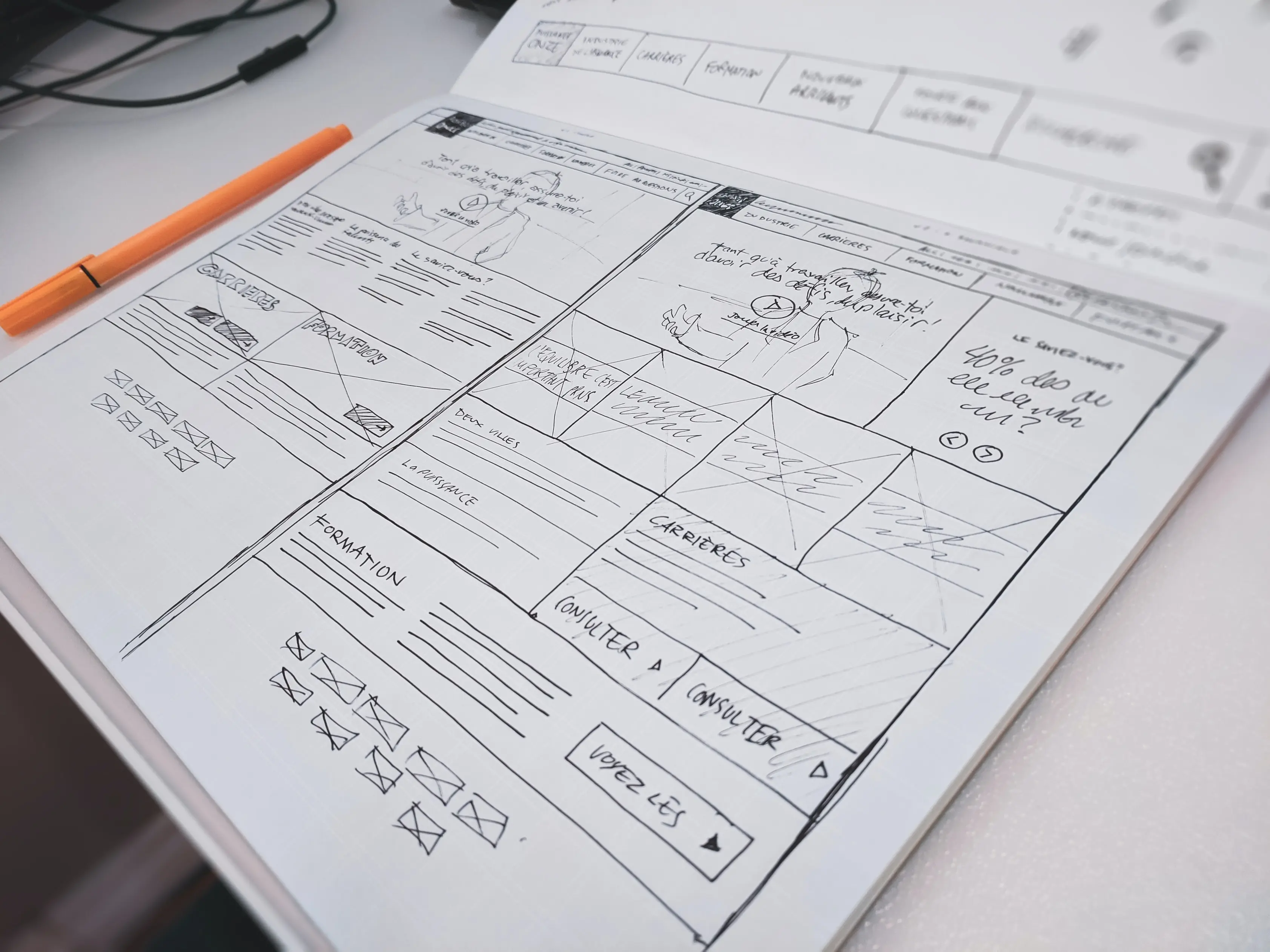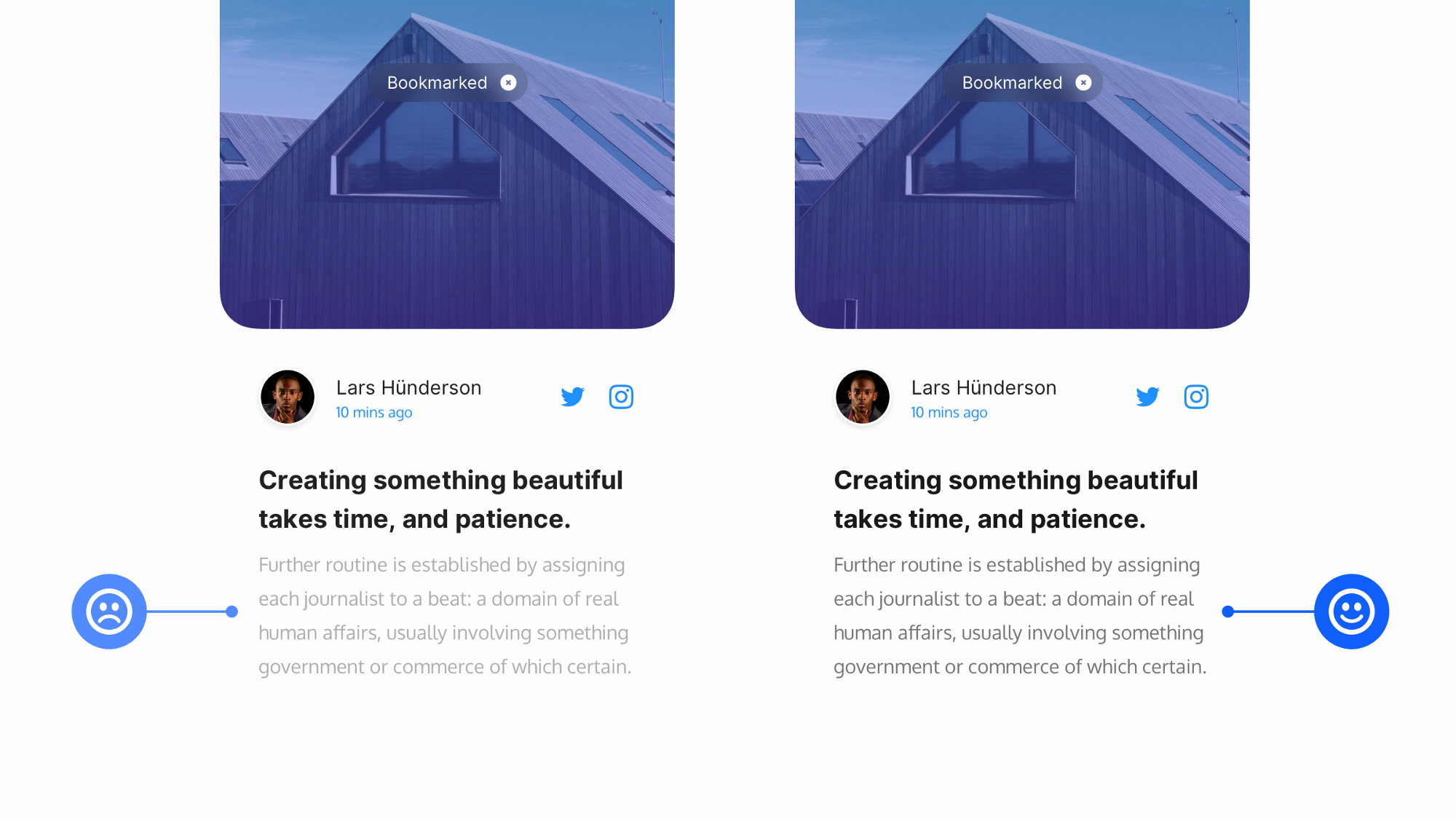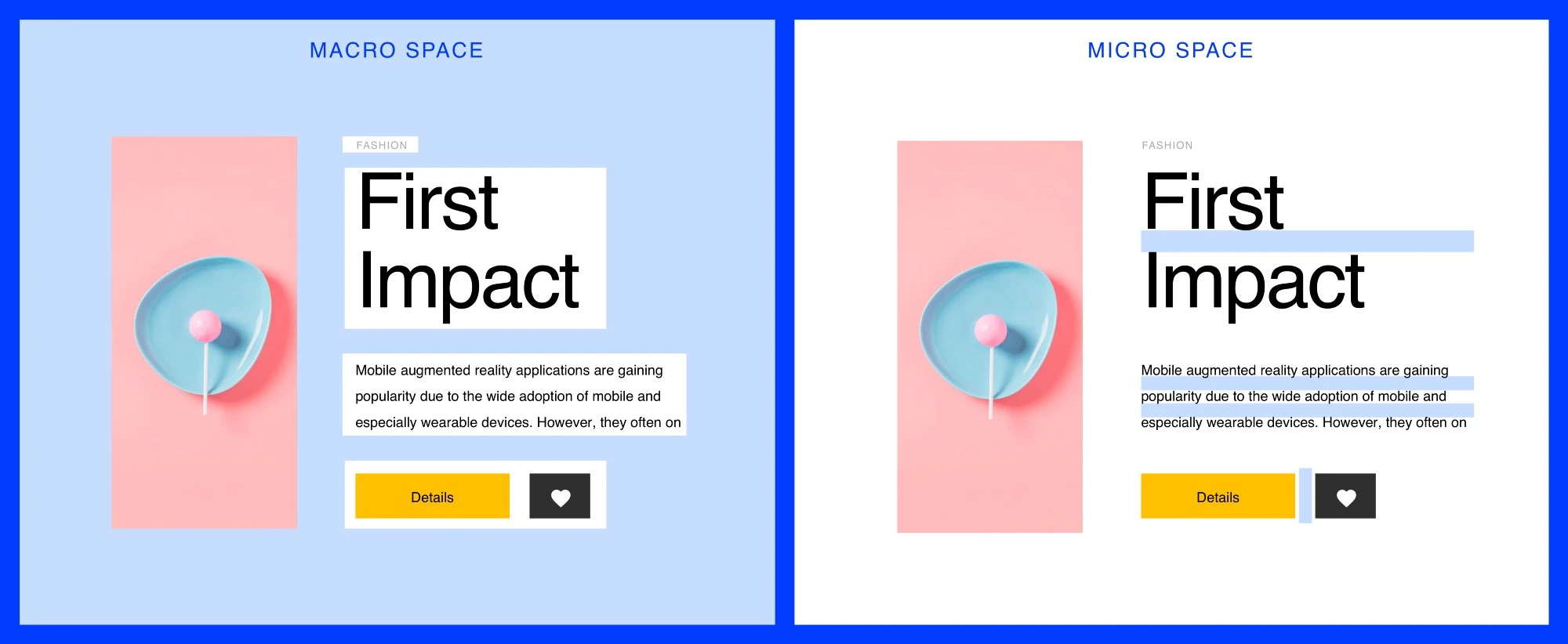Image from Sigmund from Unsplash
New UX designers don't market themselves well. I'd call myself a junior UX designer based on my years of experience. However, I've removed that designation from my LinkedIn, portfolio, and resumes. I dropped the "junior".
On paper, I'm simply a UX designer. Not another qualifier.
New UX designers shouldn't call themselves "aspiring," "junior," or "entry-level."
When I started my UX career, I applied to many jobs and talked to many mentors and instructors. Throughout school, I referred to myself as an "aspiring" UX designer. I told everyone around me that my goal was to become a UX designer.
One day when I was getting my portfolio reviewed, my mentor said to me, "Take the word aspiring out of your title." Very pointed. I'd never gotten that advice before. She continued, "Strike the word hoping, too. You don't hope or aspire to be a designer. You design every day. You learn it in school. You're a designer."
Do not call yourself an “aspiring” UX Designer.
I was shocked to hear that I shouldn't call myself an aspiring designer. This was mostly because I didn't have any paid work as a designer at the time, as many other aspiring designers didn't.
Limiting language highlights your inexperience.
When you refer to yourself as "new," "emerging," or even an "up-and-coming designer," you're quantifying your design skills. This immediately suggests a lack of confidence. Yes, you're an up-and-coming designer, but that's obvious based on your years of experience. You don't need to call yourself a junior. You're simply a UX designer.
Employers pay attention to how you talk about yourself, your skills, and your work. In any field, it's hard to get that first job. When you talk about yourself, your language and word choice matter.
Restrictive language emphasizes your inexperience. It highlights all the things you don't know rather than what you can do. Your experience and education level are obvious on your resume, don't mention that again.
It’s also not true. You’re not an “aspiring” designer
Everyone "aspires" to work.
Yes, you currently aspire to work in design, but you aren't an aspiring designer. If you design every day, learn it, study it, read about it, write about it: You're a designer. You're doing it.
When you remove the limiting language from your use of language, it changes the way you're perceived by others and yourself.
This problem exists because of our current market. It's highly competitive. This intense competition erodes the confidence of new and aspiring designers. It's daunting to confidently call yourself a designer when you haven't done any paid design work. Imposter syndrome is aggressive.
The negative quantifications we associate with ourselves come from fear and lack of confidence. In an industry where there's so much talent and new information every day, it's hard to be confident.
Removing the limiting terms from your vernacular will change how you're perceived by others and by yourself. Without these quantifiers, you'll find that your judgment of your abilities changes. Talking more clearly about who you're, what you do, and the value you bring will have a positive impact on how you manage the beginnings of your career.
Stop thinking of yourself as a hopeful, a wishful, and a contender. Start seeing yourself as a doer, a worker, and a creator.
So how can we fix this?
First, if there are terms like "Junior UX Designer" or "Aspiring UX Designer" in your portfolio, resume, or on LinkedIn, cross them out. You're a UX designer. No more adjectives.
When talking about your career path, don't use words like "I hope" or "I want" or "I aspire to". Definitely talk about what you've done and what you plan to do.
One trick I've gotten into when interviewing is to imagine that I'm the only designer in the world. It sounds ridiculous, but a lot of our hesitation to speak loudly and boldly about ourselves is fear of how we compare to others.
At the very least, my fear was a direct result of my lack of confidence due to comparison. I talk to others and the person I'm talking to as if they haven't talked to anyone else about these things. As if the things I've said are a secret I've kept my whole life.
At UX, it's also important to admit that you're open to learning. This is a constantly growing field with a lot to discover. I'm not saying be a know-it-all, but I'm saying act like one.
You're not an aspiring designer. You're just a designer. Say it with your chest.



